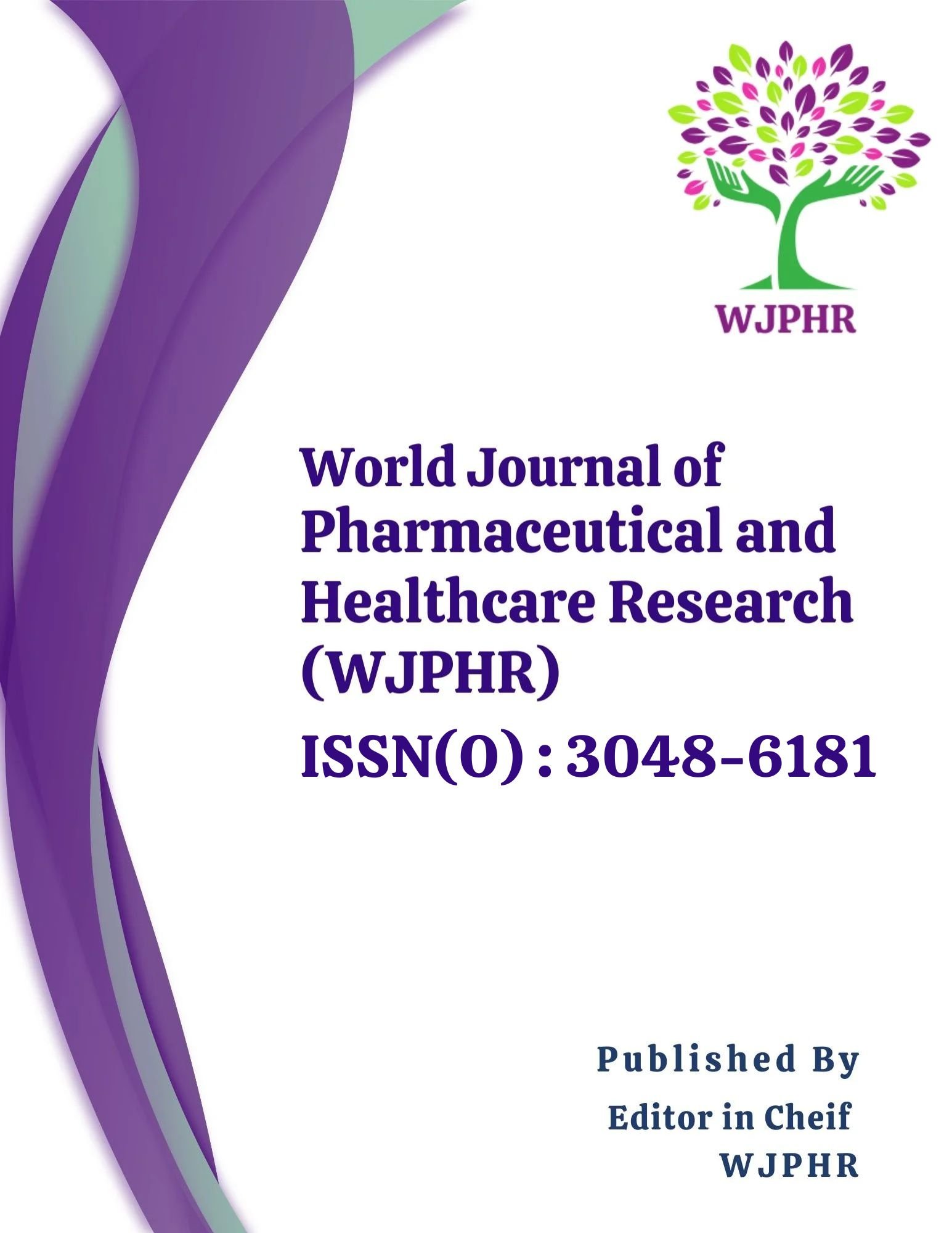DOI:
VOLUME 1 – JUNE ISSUE 2
Susmita Kanaujiya*, Vedavathi Sai G., Kavyashree M.P.
ABSTRACT
CKD-MBD, or chronic kidney disease-mineral and bone disorder, is a systemic condition resulting from kidney disease, characterized by abnormalities in calcium, phosphorus, parathyroid hormone (PTH), and vitamin D metabolism. The objective of this prospective study, conducted at Sagar Hospital's nephrology department, was to identify patterns of drug usage in managing CKD-MBD. The study included 182 patients. It revealed a higher prevalence of CKD-MBD in men (67%) compared to women (33%), with a larger number of patients falling in the 51-70 age range. The most common comorbidities observed were hypertension and diabetes mellitus (DM), with a prevalence rate of 90% in males and 30.8% in females. Abnormal levels of calcium, phosphorus, and PTH served as diagnostic criteria for MBD due to their association with CKD-MBD. Non-pharmacotherapy treatment involved a renal diet comprising 1500 kcal and 50g of protein. Among pharmacotherapy options, furosemide was the preferred medication for CKD treatment (39%), followed by cholecalciferol (30.9%) and vitamin supplements (38.38%) for managing MBD. The study highlighted that bone-related problems tend to increase as individuals age and their lifestyle patterns change. Overall, both pharmacotherapy and non-pharmacotherapy approaches were employed to improve patients' conditions and prevent further complications in the majority of CKD-MBD cases.
Keywords:
CKD-MBD, parathyroid hormone, vitamin supplements, cholecalciferol, calcium.
